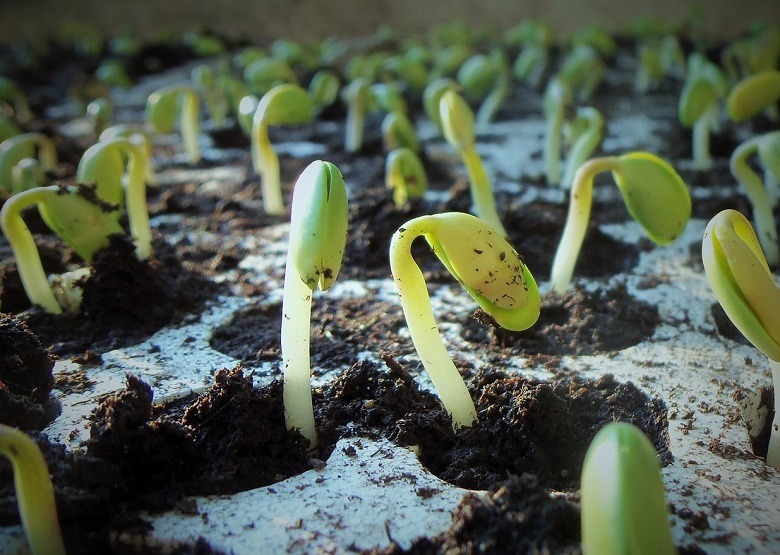
GMOs, Yes or No?
One of the most controversial and recurrent aspects concerns GMOs (Genetically Modified Organisms), which are often held accountable for endangering human health and the environment and for representing the highly mechanized agro-food model focused on monocultures.
Although many studies have been carried out on this scientifically unsound topic from different viewpoints, the issues surrounding GMOs never fail to trigger disputes between supporters and detractors of this form of innovation. Please see below some of the main points of the debate, beginning with the definition of GMO.
According to the Article 2 directive 2001/18/CE of March 12th 2001, the term “Genetically modified organism” refers to any “organism whose genetic material has been altered in a way that does not occur naturally by mating and/or natural recombination”. In fact, it is well known that the genetic characteristics of an animal or plant species can be modified and improved.
Therefore, it is important to note that the GMO techniques “on trial” are those that have been developed over the past 40 years – GMO techniques use genetic engineering to modify genes through a transgenesis process, that is the insertion of a foreign gene (transgene) within the genome of a living organism – and that enable one to change some of the features of living species “in the laboratory”.
For example, it is possible to increase the resistance of a plant to pesticides or certain pests, improve its nutritional profile and its ability to adapt to adverse weather conditions (e.g. by increasing its resistance to drought).
For many years, the WHO (World Health Organization) has declared that the GMOs currently on the market do not present risks to human health. However, a large percentage of general public is opposed to using GMOs in the agro-food sector, especially because people cannot benefit directly from this new technology due to the risks involved.
In order to help the average consumer to distinguish between scientific evidence, opinions and ideologies, the FAO provides an easily comprehensible summary of the possible positive and negative impacts of GM crops, and a brief analysis of their verifiability.
There are certainly significant environmental and ethical issues. Crop simplification appears to be one of the most important issues concerning the environment, which could probably lead to biodiversity loss. This concern is aggravated by the lack of knowledge of whether these species are more invasive than traditional ones, which could lead to changes in the ecosystems in adjacent areas to those in which GMOs are introduced.
However ethically the main issue concerns the patentability of GM seeds and the possible economic repercussions that the development of an oligopolistic market in the hands of few companies could have on small farmers.
But where and why are GMOs used? The varieties of GM plants on the market today were developed to be resistant to agricultural pests (Bacillus thuringiensis BT), tolerant to herbicides (Herbicide tolerant, HT) and resistant to viruses. Recently European farmers have been authorised to grow in Amflora potatoes (EH 92- 527-1) that are rich in starch for the paper industry, with the aim of increasing the level of productivity of the supply chain in question.
In the near future, genetically modified plants will be commercialized for their resistance to pests and herbicides, even if it is essential to develop plant varieties that can adapt to adverse environmental and climatic conditions: in fact studies are being carried out to develop plants that can adapt to drought or significant changes in temperature, or are able to grow in soils rich in certain minerals or metals.
Worldwide the main GM crops are soybeans, corn and cotton.
The Sustainable Meat Project





